
Pancreatic cancer is one of the most challenging conditions that affect the human body.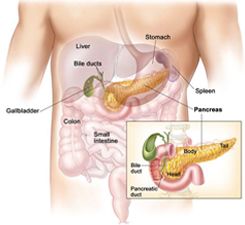
The most common cancer that arises in the pancreas is the adenocarcinoma, which carries the worst prognosis. The main risk factors are smoking, excessive alcohol consumption, obesity and diabetes mellitus. There is also a strong relation to chronic pancreatitis and a family history of cancer. Hence this cancer can be guarded against by lifestyle modifications, such as cessation of smoking, change in drinking habits, regular exercise and a healthy lifestyle.
Signs and symptoms
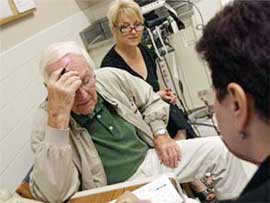
Diagnosis
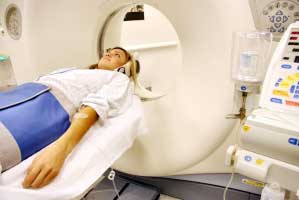
Treatment
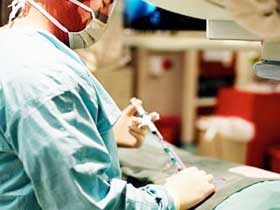
If the tumour is limited to the pancreas and is operable, then surgery carries the best chance of cure. The operation varies according to where the tumour is located. If it is in the head of the pancreas, then the surgery is called a Whipple procedure (pancreaticoduodenectomy). This is a long and complicated surgery carrying significant chance of post-operative complications and even death, up to 5 per cent.
If successful, it carries a 5 year survival rate of 20 per cent, which means that 20 per cent of patients are likely to live more than 5 years. The average survival of these patients is 19 months. If the tumour is in the mid-part or body of pancreas, it is rarely operable, but sometimes a total pancreatectomy or removal of whole pancreas can be done. For cancers in the tail of the pancreas, a distal pancreatectomy operation with removal of the spleen is done.
Of all the patients diagnosed with pancreatic cancer, 80 per cent are inoperable at diagnosis. Surgery is also not a guarantee of cure. Thus it is apparent that treatment options for this disease are limited, even when detected relatively early. Research is ongoing to find better options. As of now, it appears that prevention is better than cure, and therein lies the importance of a healthy lifestyle.
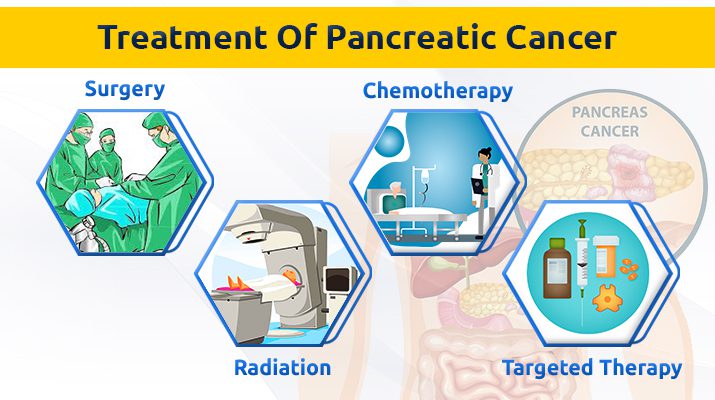
Patient Experience – Mr T Masamvi from Zimbabwe came to India for Successful Cancer Treatment
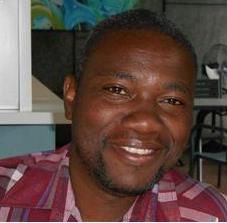
In just one weeks time you arranged an opinion from the hospital and also I could personally speak to the specialists on phone and clarify my doubts. Thanks for guiding me step by step so well to prepare for my trip to India and receiving me at the airport in the middle of the night. The hospital, staff and facilities were of really top quality. I did save a lot of money and got good care by choosing to come to India with the help of SafeMedTrip.com. It was so comforting to be in your safe hands. I have got a new birth it seems and shall ever remain grateful for your compassionate care”.
We understand each patient is unique and therefore, we offer customised treatment packages that include medical visa assistance for international patients, assistance in certified hospital/doctor selection, finalising your appointments, etc and that too inclusive of room rent, consultation fees, investigation charges, nursing, diet and drugs.
So, no matter how complex is the surgery, we will help you choose a doctor considering your requirement, budget and availability.
Since our inception in 2010, we have helped many patients lead a normal and quality life. We assist you in choosing the best hospital in India, seeking an appointment with a qualified and experienced Cancer Specialist, explore your options, assist in a medical tourist visa, besides offering other services such as airport transfers, appoint an interpreter (if need be), etc.
If you have any further queries or in case you need any assistance, speak to the Case Manager or log on to our website at www.safemedtrip.com
To know more about most Advanced and Affordable Cancer Treatment at World Class hospitals in India: https://safemedtrip.com/medical-services/cancer-treatment-in-india.html

 Click to WhatsApp
Click to WhatsApp +91-9899993637
+91-9899993637



